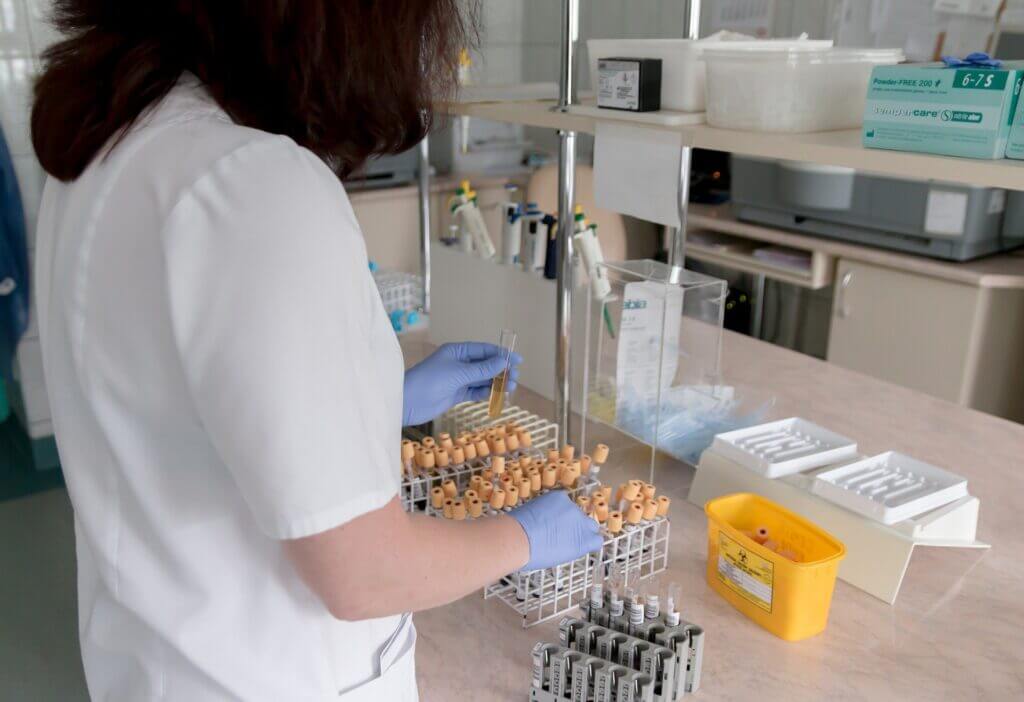Many of us take for granted how much water we use in our daily lives. The dishwasher goes on every day, sink-fulls of dirty dish water disappear down the plug hole and think of how many times the toilet is flushed every day.
it is the challenge of wastewater treatments that are required to process the volume of water which results from this usage that we are looking at in this article.
Table of Contents
Key Points
- The average family of four consumes a substantial amount of water daily, leading to a large volume of wastewater that requires effective treatment.
- Wastewater can be classified into two main categories: domestic, which is largely non-toxic, and industrial, which often contains harmful chemicals.
- Various methods are employed to treat wastewater, including biological, chemical, and physical treatments, aiming to remove contaminants and discharge clean water back into the environment.
- The sludge resulting from wastewater treatments contains concentrated contaminants and requires additional treatment to minimise its environmental and health impact.
- While treated sludge is often repurposed as fertilizer, this practice raises health concerns, such as the potential for antibiotic-resistant bacteria and pharmaceutical traces entering the food chain.

The Wastewater Challenge
It is estimated that the average family of four uses 450 litres of water a day which equates to a staggering 164 cubic metres of water a year. To put that into perspective, this means that an average family uses 43,324 gallons of water a year!
Whilst supplying the population of a town with this amount of clean, drinkable water has it’s difficulties, it is the sheer volume of wastewater that must be treated effectively that challenges many water authorities.
The Importance of Wastewater Treatments
The responsible management of water use and wastewater treatment is a pressing issue that impacts both environmental sustainability and public health. A staggering amount of water is consumed daily, much of which turns into wastewater that needs to be carefully treated to remove various contaminants.
While domestic wastewater usually contains less harmful substances, industrial wastewater can be laced with toxic chemicals, making effective treatment crucial. The resultant sludge from wastewater treatments pose additional environmental challenges and its disposal or reuse, especially as a fertilizer, raises concerns about antibiotic resistance and other health risks.
Therefore, understanding and improving wastewater treatment methods are vital for ecological integrity and community well-being.

Types of Wastewater
These water usage estimations are for domestic purposes, however industrial and business usage also accounts for high wastewater volumes. In general, wastewater can be classified into these two categories:
Domestic Wastewater
The plumbing of a house is designed to separate wastewater according to its sources. For example, water draining from sinks, dishwashers, baths and washing machines will be dirty and often detergent laden, however this so called gray water is not generally harmful to health. It is the wastewater from toilets that contains body wastes and intestinal organisms that is potentially harmful and must be separated from the grey water.
The domestic plumbing routes keeps these two categories separate within the premises, but routes the wastewater into the sewers for eventual treatment by the water company.
Industrial Wastewater
Wastewater from industrial processes is often contaminated by chemicals used for manufacturing and processing. This can include traces of metals, acids and other toxic compounds which can be harmful if the water is not treated effectively or is leaked into water supplies or rivers and streams.
Wastewater Treatments
As wastewater is water contaminated by domestic or industrial uses, its treatment is designed to remove these contaminants leaving purified water that can be safely discharged into the water table as surface or ground water.
This is achieved by a variety of biological, chemical and physical treatments to eliminate the domestic and industrial contaminants, however once the clean water is removed, a sludge remains that can cause significant environmental problems unless it is safely disposed of or re-purposed.
Water purification technologies also presents good investment potential as global climate change makes fresh water a valuable resource. Wastewater treatments that purify water in large quantities can greatly assist in the production of fresh water throughout the world.

Treating Sludge to Protect the Environment
As the sludge contains much of the biological and chemical contaminants from the wastewater sources, it is important that it is treated to minimize its environmental impact and risks to human, plant and animal health.
One of the ways to reduce the impact of sludge, is to reduce the volume of sludge actually produced during the wastewater treatment processes. This can be achieved by acting on the biological activity of the sludge using treatments described here: https://scicorp.net/wastewater/sludge-reduction/ Alternatively, bacteria and other pathogens can be neutralized by pumping chlorine through the wastewater at the treatment plant, or by subjecting the water to UV light or ozone.
Environmentally Friendly Uses of Sludge
Once all the chemical and biological contaminants have been removed or neutralized and the clean water is drained away, the resultant sludge is often suitable for use as fertilizer under strict regulatory control.
This approach is not supported by all countries, however. For example, Holland has signed a deal with the UK to export 27,500 tonnes of sludge to the UK, as Holland bans the use of sludge for fertilizer and the UK supports this use under strict regulatory control.

Whilst the use of sludge can be beneficial to farming by enriching the soil, there are concerns amongst UK health experts that antibiotics may survive the water treatment processes, thus creating the potential for drug resistant strains of bacteria to emerge, or small traces of pharmaceutical compounds to eventually enter the food chain via fruit and vegetables.
The fact that sewage sludge can be legally used as a fertilizer, and that Holland bans this usage, certainly brings home the adage to always wash your fruit and vegetables before cooking or eating them. Perhaps this is also a good argument for leading an organic lifestyle wherever possible.